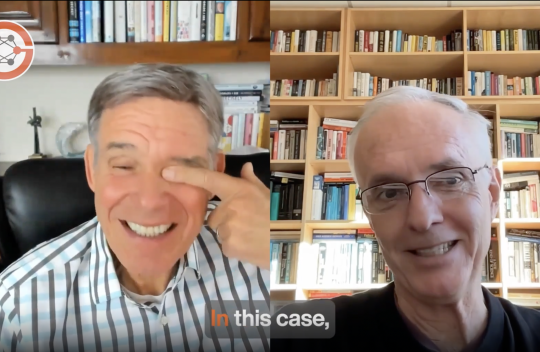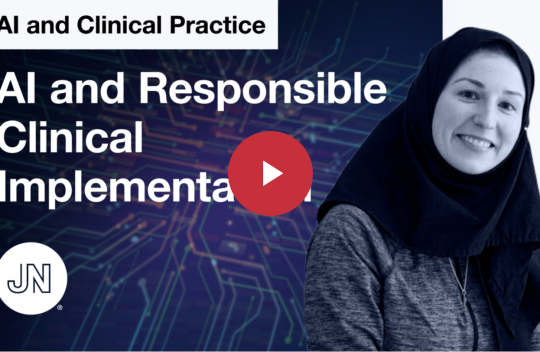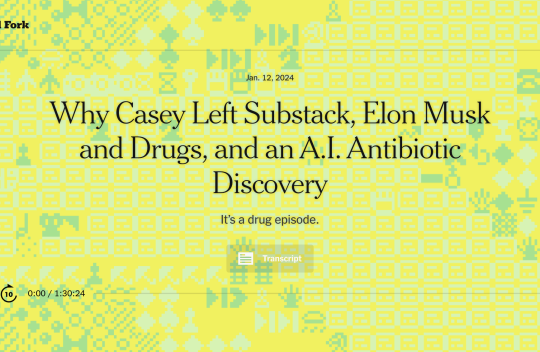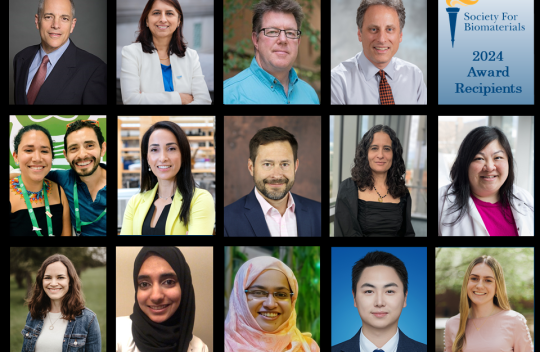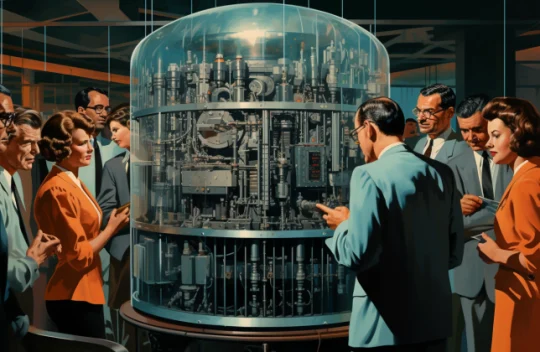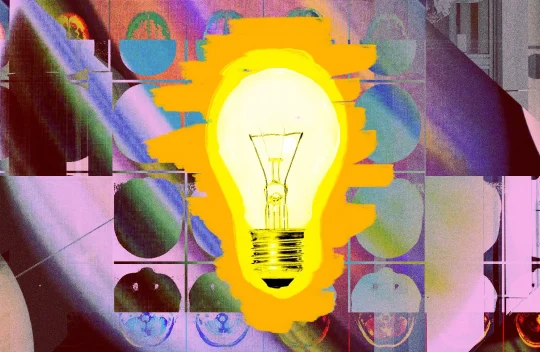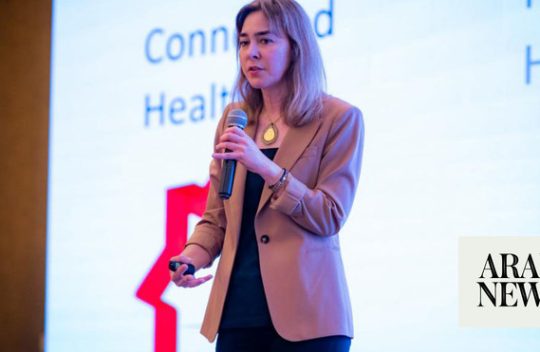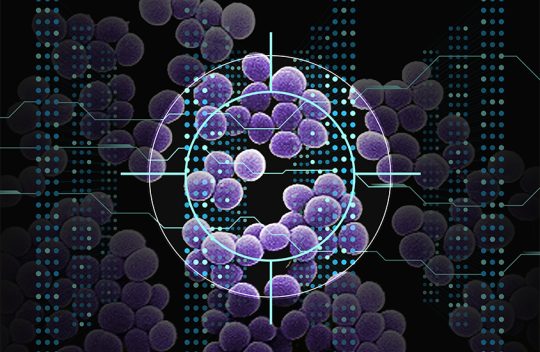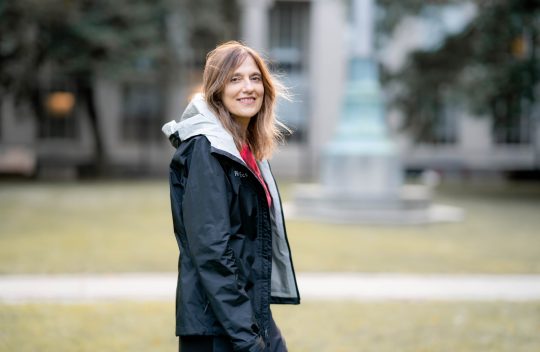
NOVA ‘A.I. REVOLUTION’ Dives Into the Past, Present, and Future of One of the Most Consequential Technological Advancements of Our Time
BOSTON, MA; Feb.12, 2024 — The award-winning PBS science series, NOVA, a production of GBH, will premiere the one-hour film “A.I. REVOLUTION” Wednesday, March 27 at 9 p.m. ET/8 p.m. CT on PBS. Can we harness the power of artificial intelligence to solve some of the world’s most challenging problems without creating an uncontrollable force that ultimately destroys us? New A.I. tools like ChatGPT can now answer complex questions, write essays, and generate realistic-looking images in a matter of seconds. In “A.I. REVOLUTION,” which will also be available for streaming at pbs.org/nova, NOVA on YouTube, and the PBS App, correspondent Miles O’Brien meets some of the scientists who are at the forefront of A.I. advancement and explores the promise, perils, and possible future of this unprecedented technology taking the world by storm.Beyond drug discovery and prosthetics, the film explores several other ways that A.I. is transforming science. Computer scientist Regina Barzilay at Massachusetts General Hospital has trained a neural network to detect breast cancer from mammograms years before they are detectable by human eyes with over 85% accuracy. A.I. is also being used to help detect lung cancer. Lives are even being saved from natural disasters, as A.I. is now being deployed in California to detect wildfires early before they rage out of control. Learn more
